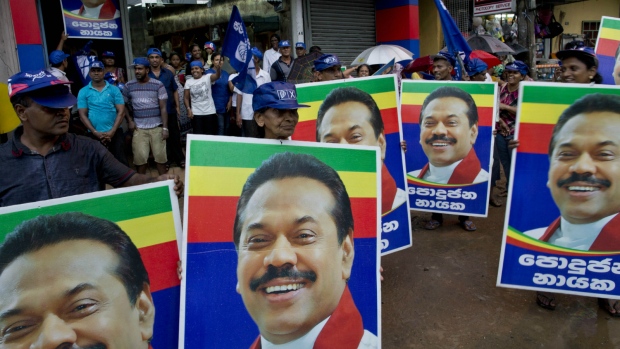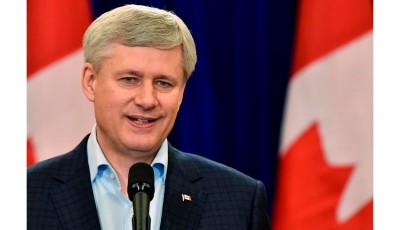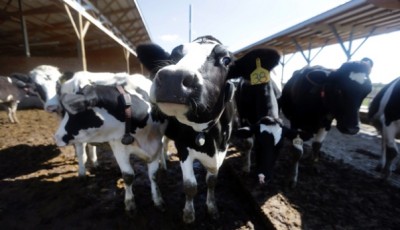Sri Lanka’s PM defeats ex-president in elections
“I also wish to extend my heartfelt thanks to all the activists and the people’s representatives of our party who worked indefatigably in the election campaign”, he added.
Mahinda Rajapaksa, Sri Lanka’s leader for nine years until his January 8 presidential election defeat to a former ally, was running for prime minister, a position that is second to that of president.
Electoral authorities said that the vote was orderly, but there were fears that Rajapaksa winning the prime ministerial role could trigger a power struggle with reigning President Maithripala Sirisena, who has said that he will not appoint Rajapaksa regardless of the voting results. However, the election officials expected the turnout to be less than 70 per cent and way below the 81 per cent recorded in the presidential election held in January.
Rajapakse accepted that his United People’s Freedom Alliance (UPFA) had lost even before Elections Chief Mahinda Deshapriya could announce the final results. The logjam that was in the Parliament is slated to be resolved as UNP (United National Party) is already in power through its elected President.
“I will support good policies and oppose bad things“, the two-term president said by telephone from his southern home in Hambantota.
Ahead of results on Tuesday, Rajapaksa preemptively conceded defeat to Agence France-Presse, noting that his “dream of becoming prime minister [had] faded away”.
Sri Lanka’s parliamentary elections signify the strength of the country’s democracy and the resilience of its institutions, Maldives President Abdulla Yameen said Tuesday.
However UNP will have to seek support from other parties to form a majority government with 113 seats in hand. The latest reported vote tally showed Rajapaksa’s alliance with 46 seats, compared with 44 for the Wickremesinghe-led United National Party and 11 for Tamil-majority parties.
Jagath Dissanayake, a 40-year-old businessman from the western city of Gampaha, said he voted to continue what he called positive changes that the country has seen since Rajapaksa’s defeat. “We have to unitedly work towards lifting the nation to a new height by facing challenges of the new era”, the victorious prime minister stated in the statement.
In a statement Wednesday, Rajapaksa congratulated Wickremesinghe over his victory and made it clear that he will go to parliament as a backbencher.












